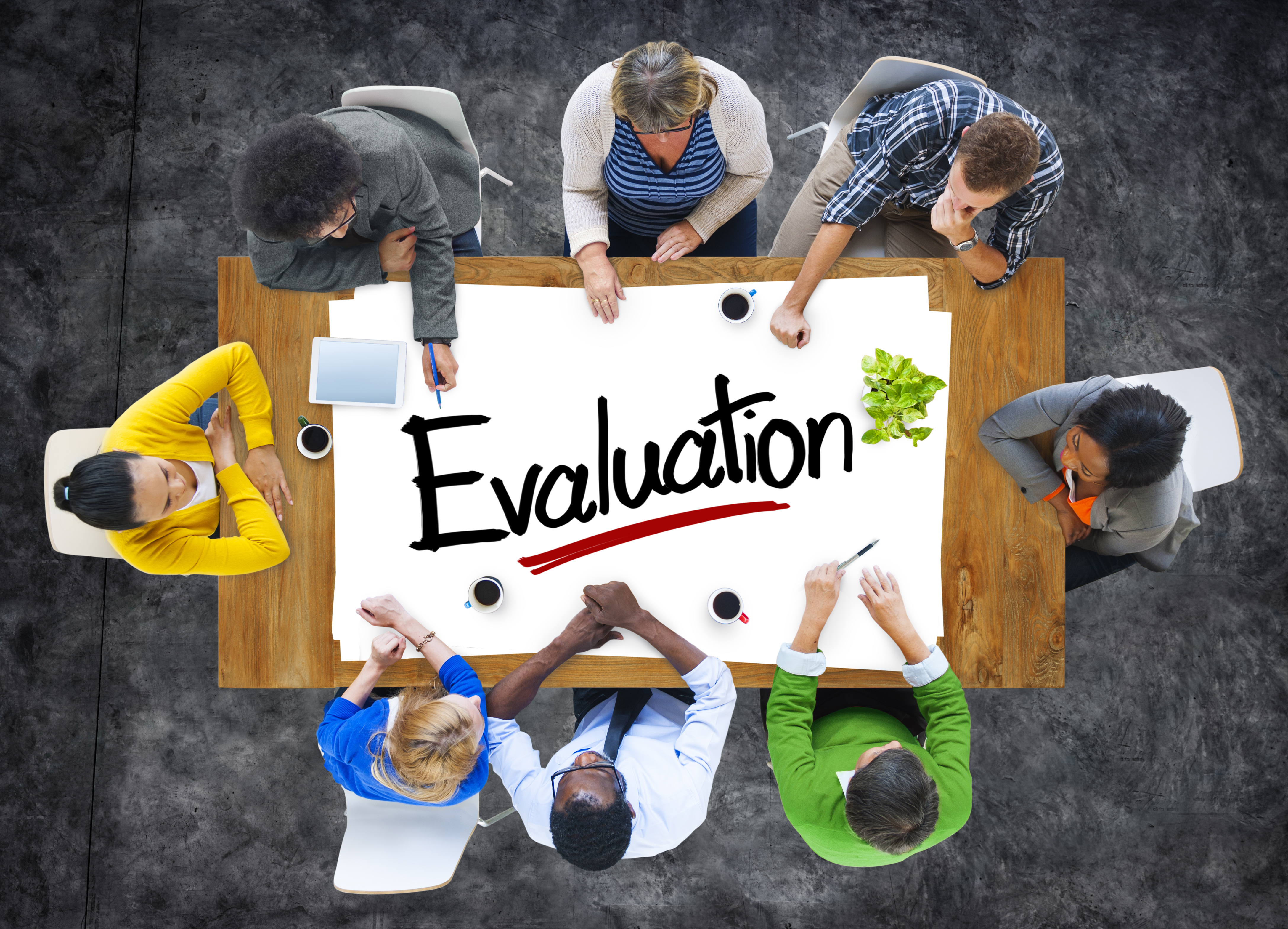Subscribe Today
Get innovative nonprofit solutions delivered directly to your inbox via monthly blog posts and our quarterly newsletter.
4 Building Blocks for an Effective Evaluation Plan

When it comes to sustainability and fundraising, a solid evaluation plan is key to any nonprofit’s long-term success. Yet too many organizations wait to develop a plan until prodded by a funder or a significant funding opportunity emerges.
Elizabeth Snyder-Fickler, Ph.D., is a senior research scientist at Duke University’s Center for Child and Family Policy, where she conducts program evaluation and community-based research. She has led several federally and locally funded evaluations for programs and nonprofit organizations across North Carolina. Here, Dr. Snyder-Fickler offers four steps for building an effective evaluation plan and measuring your organization’s long-term vision.
Start planning from Day 1.
“That’s the first mistake a lot of people make,” Dr. Snyder-Fickler explains. Developing programs and implementing them without establishing outcomes risks premature failure and flawed implementation. “You should also know that you can’t create an evaluation plan without a logic model,” advises Dr. Snyder-Fickler. “Do your research!”
Define your long-term outcomes and how you will measure them.
“Begin thinking about what you hope to change,” she suggests. “For example, empowering girls is a great goal. But what does ‘empowered’ mean to you?” Take the time to define exactly what your organization hopes to achieve—and determine how you will assess those efforts. “The next question is: How are you going to measure it?” says Dr. Snyder-Fickler.
Identify your short-term outcomes for program implementation and how you will measure them.
“The next important step,” says Dr. Snyder-Fickler, “is to determine what program activities you are going to do to change those outcomes. Start with the end in mind.” Often times, organizations focus on long-term outcomes but not the specifics of how those will actually be achieved. “What are the things you have to do as an organization or program to change those outcomes?” she asks.
Dr. Snyder-Fickler has a related warning: Use your short-term outcomes to monitor program implementation. “Is the program being implemented the way you said or thought it should be?” she asks. “When a program fails, more often than not it was because it wasn’t implemented the way it was supposed to be—versus some fundamental flaw.”
Don’t wait for a large grant to start evaluation planning—find resources and be strategic.
“Many nonprofits don’t have the money to do a big evaluation,” observes Dr. Snyder-Fickler. Instead, organizations have two options: 1) Do the research and logic model in house or 2) Contract someone to develop a logic model and evaluation plan that can then be implemented and evaluated internally. “If you are small and have one key program—say a summer camp or afterschool program—you could spend a little money to contract with someone to create the logic model and evaluation plan for you, and then do your evaluation in house,” she says.
Alternatively: “Educate yourself!” advises Dr. Snyder-Fickler. “There are so many resources out there on how to develop a logic model and set measurable outcomes.” She recommends that organizations investigate current research. “Use Google Scholar or your local university library. See what the research says. You may not be able to pay for a longitudinal evaluation that tracks high school outcomes. But if we know that parents’ involvement in children’s education is a predictor of high school graduation—and we can show that parents are coming to more parent-teacher conferences, talking to their kids about college and homework because of our program—that’s a short-term outcome leading to a long-term outcome. Even without significant resources, doing a lot of things in the short-term column which are supported by research can get us to big dream aspirations,” she says.